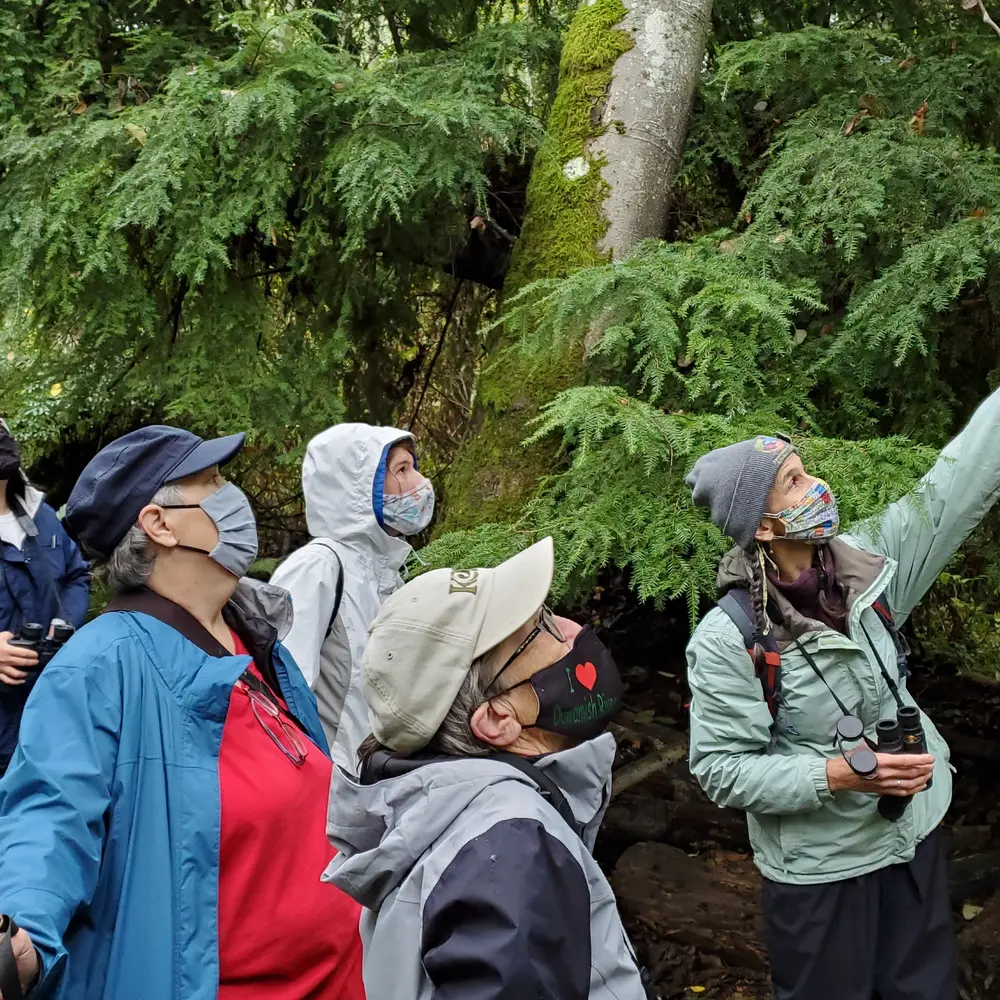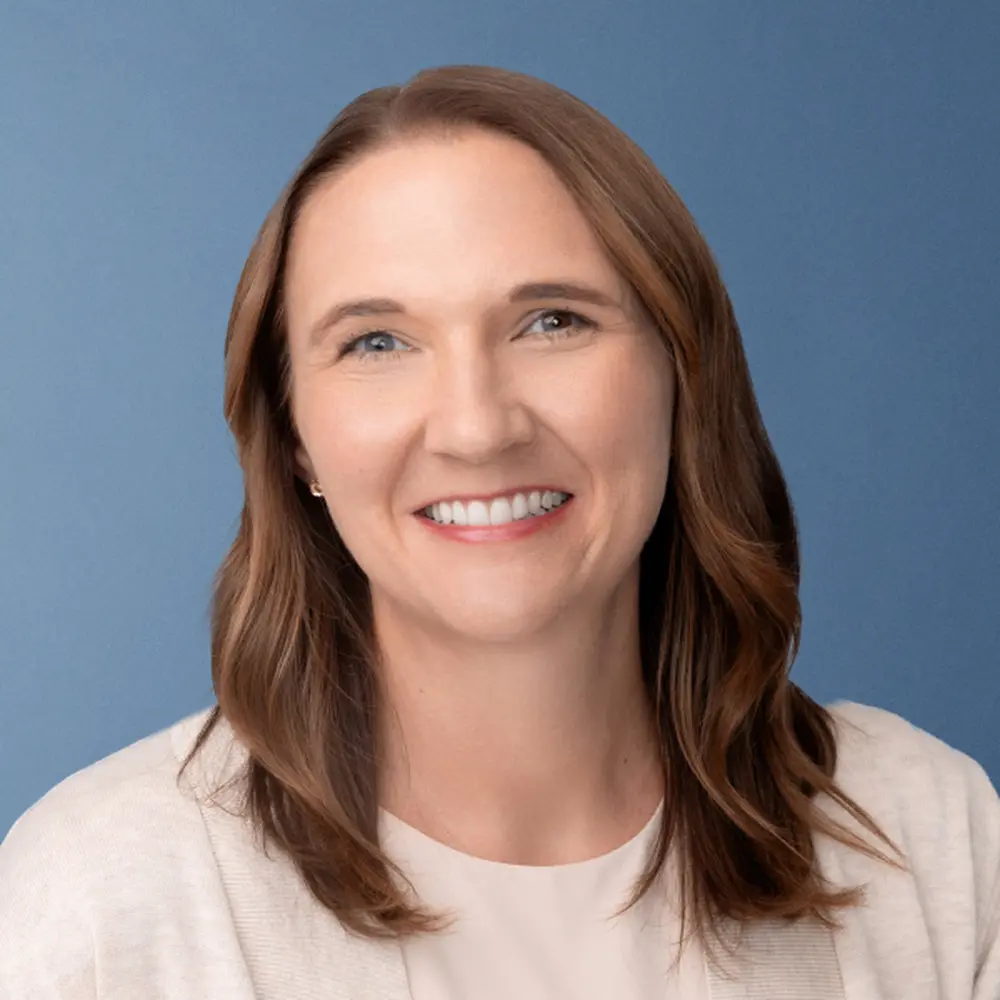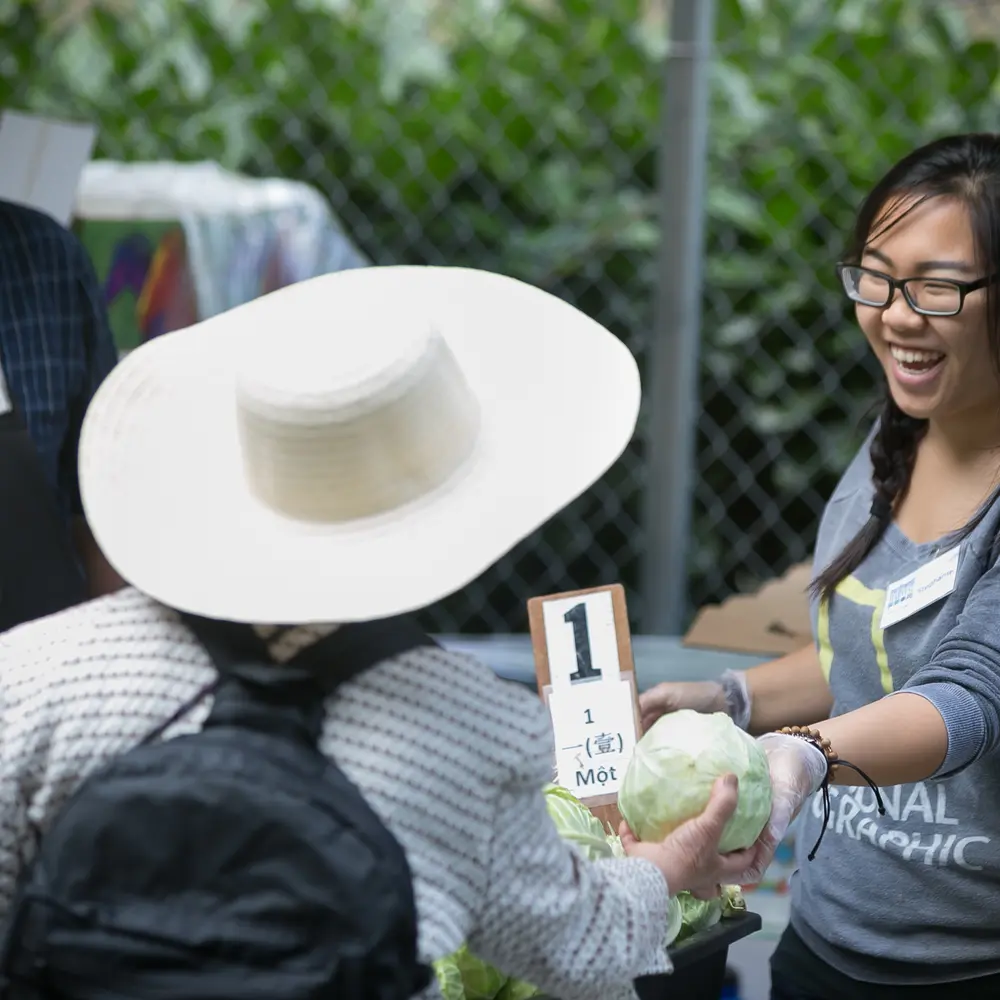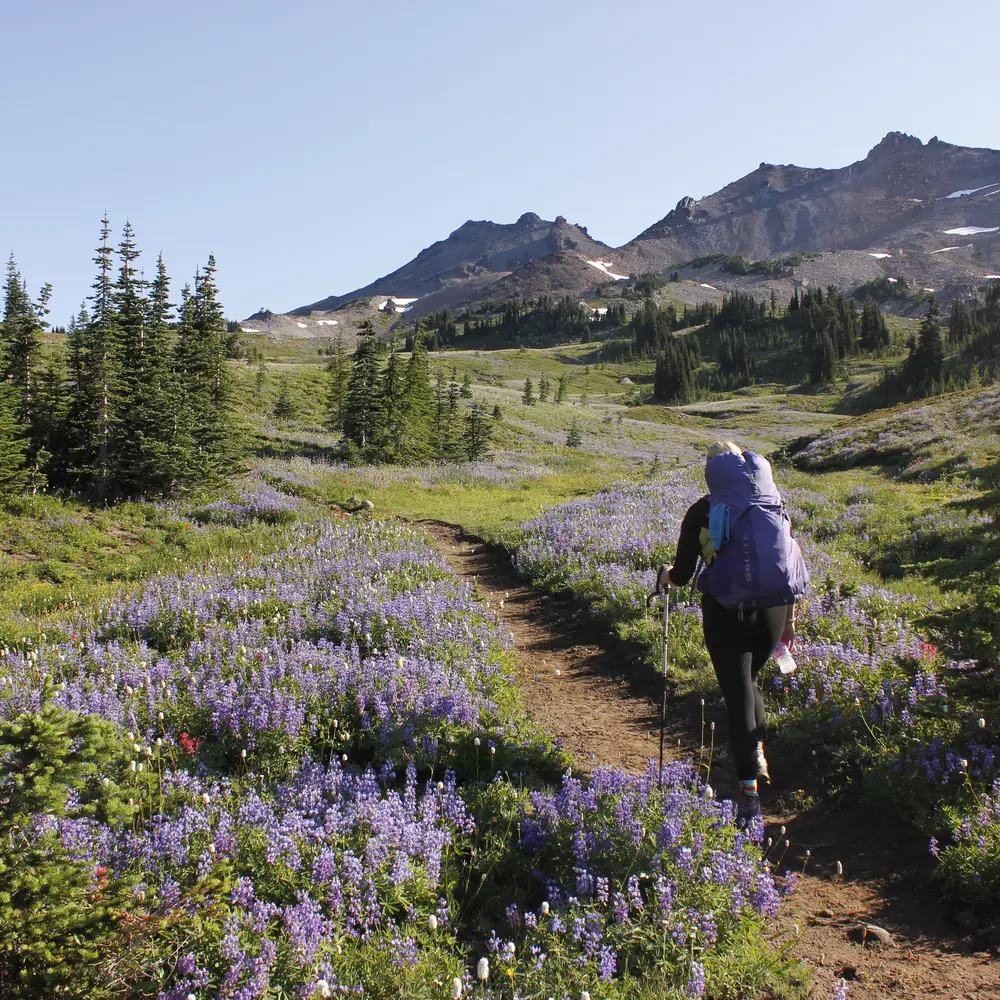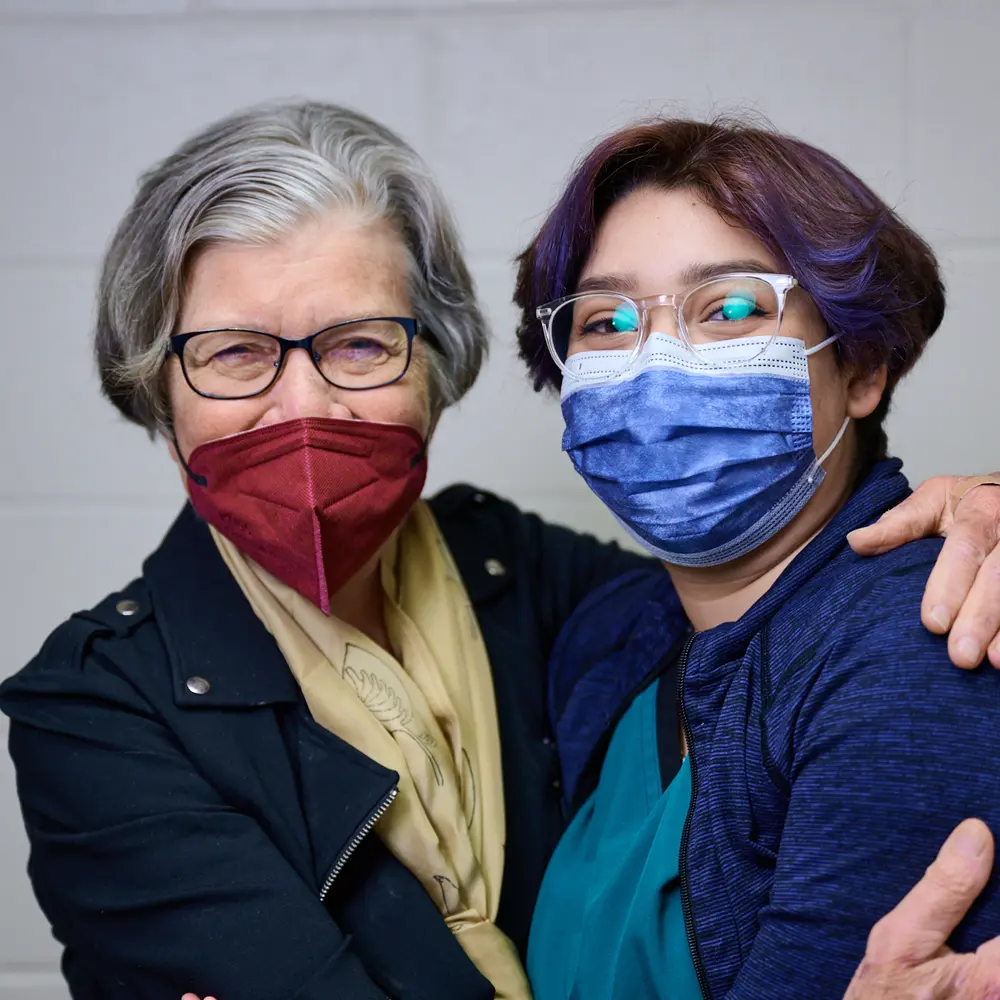By Steve Moore
Like many of you, I was heartbroken to hear the news of a fatal shooting at the Tree of Life synagogue in Pittsburgh, claiming the lives of 11 people attending Shabbat services. As details unfolded, the entire Murdock Trust family sent our prayers and deepest sympathies to the Tree of Life community in Pittsburgh and all those whose lives were shaken by this senseless tragedy.
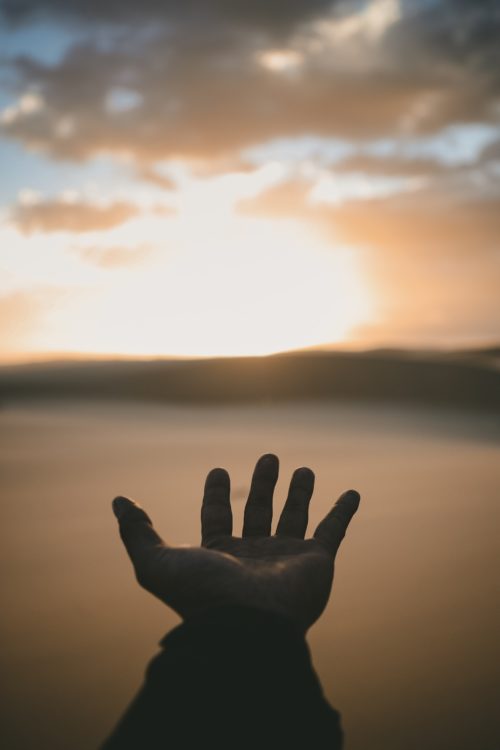
In many ways, it feels as though our current cultural moment has been an unending cycle of loss and sadness. Violence inflicted on innocent communities, such as the attack at Tree of Life, has become far too common place. Spaces that were once considered reserved for worship, safety and joy may now be perceived as carrying potential risk – from public performances to schools to places of worship. This fact that has become all too clear in recent years was only further underscored just days later with another shooting at a California night club.
Like so many of you, we desperately want to see this environment of violence come to an end. But how? That feeling is not expressed with a helpless shrug, but an honest, penetrating request. In some very critical ways, our community seems strained, stressed and broken. How can we heal as a group and individuals to prevent this sort of violence in the future?
Our Senior Fellow, Steve Garber, reminded me of something said by a poet/farmer from Kentucky. Wendell Berry, the poet, begins one of his pieces with this:
“I was awakened from my dream of a ruined world with the sound of rain falling down onto the dry earth of my place and time.”
Musing over the brokenness of life in our world, of things not being as we long for them to be, Berry reminds the reader to remember that all is not lost, by so simply stating, “fell still the quiet rain …”
At the Murdock Trust, we will continue to invest in groups doing work in mental health and related partnerships and urge our public leaders and elected officials to do the same as mental health continues to be a key factor in these horrific encounters. We will also urge our lawmakers to find ways and compromises to balance constitutional freedoms with public safety, community health and ecosystems that serve and support mental health needs.
And yet, that leaves many of us feeling helpless still. We cannot be the ones in the treatment rooms when an individual seeks mental health support. We will not be the ones in Washington D.C. pursuing discussion on firearm legislation. What can we do?
There are at least two things I believe each of us can do today to nurture and encourage movement in the right direction. The first, and the easiest, is to continue to resist the vitriolic rhetoric that has become so common place in today’s society. As blogger, Seth Cohen, wisely offered after the Pittsburgh shooting:
“We know that the words of anger and hate can translate into acts of rage and violence, and yet, far too many ignore them at our own peril. In doing so, we have been blind to how words of hatred directed at others can quickly be directed at us […] Where we forget that what is said is far too often a precursor of what will be done, we forget what history has told us time and time again.”
And we have seen this again and again.
At the Emanuel African Methodist Episcopal Church in Charleston.
At the First Baptist Church of Sutherland Springs, Texas.
At the Pulse night club in Florida.
At Borderline Bar and Grill in California.
These attacks are a part of, yet not solely due to, the continuing fruit of the intolerance and hatred that has seeped into the cultural fabric. It is why the continued work on civility, reasoned debate and the willingness to hear and work with those with whom we may disagree on somethings is so critical and deserves our ongoing investment.
The second step that I believe we all must take, is to get involved locally. The phrase “thoughts and prayers” is something we often hear in these times of tragedy. Unfortunately, we also hear a dismissive derision of such a comment believing that expressions of sympathy and prayer are less impactful than tangible action, such as legislation or increased funding for mental health services. But in my experience, these are not mutually exclusive. In fact, it is often members of the faith community who help bring immediate action and comfort to those in need at the same time they are engaged in acts of prayer.
As the hours progressed following Pittsburgh, I began to see just that. Across the country, members of faith communities linked arms with their Jewish neighbors and stood together against violence and hate. Muslim organizations raised tens of thousands of dollars for the families of this weekend’s victims. Christian organizations lent time, resources and support to those in need.
Our benefactor, Jack Murdock, believed strongly in the power of faith to uplift a community. Though the songs we sing in our places of worship may differ and our beliefs may come from different scripture, the faith community has always risen as a beacon of hope during moments of sorrow. Whether they are helping clothe and feed the homeless, offering shelter after a disaster or simply reinforcing the bonds of community in a moment of loss, faith-based organizations are a source of comfort and a catalyst for change.
Our colleagues at Interfaith Youth Core in Chicago, led by Eboo Patel, summarized this beautifully, sharing the following perspective on how faith leaders can help those in our communities to come together and be forces for the common good. They suggest:
- Multi-faith leaders see the other side, defending The Other and standing up to ensure their safety and right to thrive.
- Multi-faith leaders work to educate others about the inspiring aspects of different faiths and worldviews.
- Multi-faith leaders convene those in their communities, finding shared values and common concerns as a basis for working together.
- Multi-faith leaders build and strengthen relationships across the kinds of lines that others refuse to cross through dialogue, service, and, sometimes, by sharing in others’ grief or fear.
Let’s find ways to get involved in our local communities to strengthen relationships and partnerships and work toward the common good, be that through your church, synagogue, mosque or any locally-focused community group.
As I continue to pray for those who were lost in these horrific moments and for an end to these violent outbursts, I will continue to give thanks and praise our faith communities for the example they set and the work they are doing to comfort those who mourn and work to bring our communities together to bring an end to these horrific tragedies and to work for individuals, families and their communities to flourish.
As Steve Garber went on to say, again citing Wendell Berry:
“Even with day upon day of soul aching sorrow, the quiet rain still falls on ‘the parched garden, the cracked open pastures, the dusty grape leaves, the brittled grass, the drooping foliage of the woods’ … and upon our lives and our world. Surprisingly, grace still graces us, if we have eyes to see.” In a fall of expected and unexpected death, of scorching and scarring fire, of the weight of disappointed affections, of wars and memory of wars, of lives and liars that seem to win, of tearful yearnings for loves lost in life … “fell still the rain.”
Thanks, Steve, Seth, Eboo and all of those who remind us of the power of faith, hope and love.
The post Praying for Peace, Civility and Safety appeared first on M. J. Murdock Charitable Trust.

